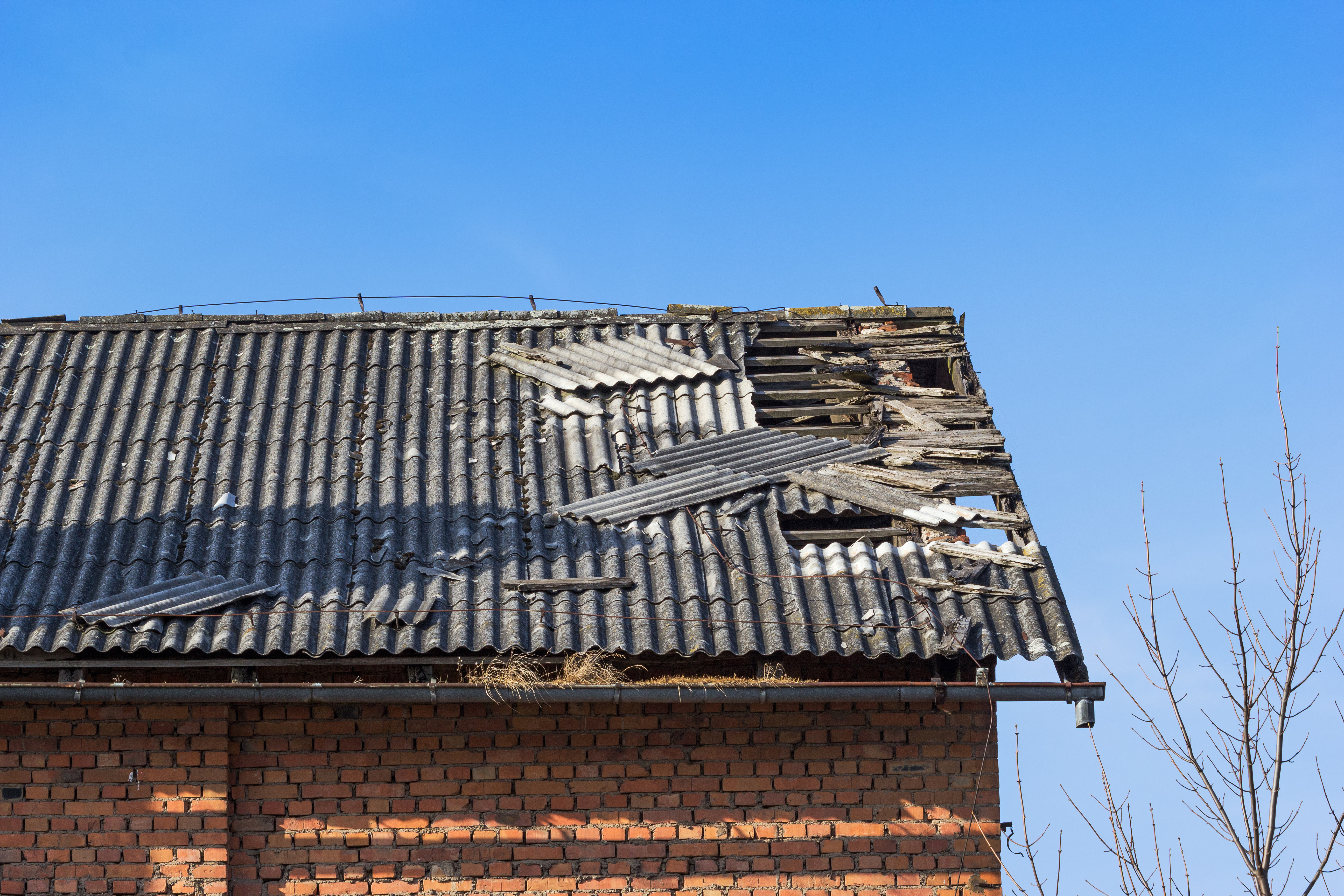Storm Damage in Rental Properties – A Landlord’s perspective

Click here for more info on Landlord Insurance with S.A Faughnan
Storm damage is unexpected and in Ireland it is something that is frequently experienced and when the weather takes a turn for the worst, storms can cause havoc.
If you experience storm damage in your rented residential or commercial premises you will often be required to carry out emergency storm damage repairs, in order to prevent further damage to the property. In fact your insurance policy claims conditions will insist that you mitigate any further loss.
Storm damage is generally structural damage caused by gale force winds which can result in flooding and rain water accessing the property. Unfortunately, damage can occur as a result of wear and tear (particularly to felt roof coverings) and this is not ‘storm damage’ and is therefore excluded from the cover provided by a Property Owners policy. Similarly, damage to gates and fences is excluded. Sometimes water can overflow from roof valleys or blocked outlets in parapet walls, and the resulting damage can be covered under the ‘escape or overflow of water’ peril. Storm damage can lead to internal water damage causing collapsed ceilings, damaged floors and decoration, and can be expensive to repair.
Severe storm weather conditions can leave tenants in rented accommodation vulnerable. Heavy rainfall can expose structural faults in properties, so it is important that tenants report any leaks or flood damage to landlords immediately.
In the event of storm damage to the roof of the property, it is important to have the roof examined by a roofer to determine the extent of repairs necessary. A roofers report will be required to support a claim and it is best if photographs can also be taken before any emergency storm damage repairs are carried out so as not to prejudice your position.
Is your property insured for flood damage?
Providing you have landlord Property Owners insurance you will be covered for flood damage unless the property has been affected by flooding previously and this type of cover has been removed from the policy due to the property been in a flood zone area. If your tenanted property is flooded, advise your tenants to turn off the gas, electricity and water at the mains, and tell them not to enter still water if the electricity supply is on. You should contact your insurer at the earliest opportunity and seek advice from them, and always take photos of the damage to show to your insurer too.
It’s worth noting that there is a difference between landlord contents insurance and tenant contents insurance. You should encourage your tenants to take out their own contents insurance to protect their own personal items and they would not be covered for damage to their personal possessions under your landlord’s policy.
In the event of making a claim
When it comes to making a claim, be ready with full details and evidence of the damage when you call the insurer. This will help speed the process along.
Note that it could often be cheaper to pay someone to fix any damage without claiming on your insurance as your premiums could rise as a result of making a claim and this will effect your no claims bonus. Also, your (storm) policy excess may reduce any amount you are entitled to claim considerable.
Helpful hints:
- Be aware of flood damage or leaks to your property
- Record the damage – take photographs of the flooding / leaks and any goods damaged.
- Ask the tenants to move items to a safer place.
- If the property becomes temporarily uninhabitable, please liase with your Insurers to discuss alternative accommodation. However, landlords are under no obligation to re-house tenants in these circumstances.
- If the tenants have to temporarily leave the home, confirm with the tenants that the necessary repairs will be carried out within a reasonable period of time, and advise them of the date that the works are due to be completed.
- If the tenants have contents insurance, they should check their policy to see if they are covered for flood damage. There is no obligation on a landlord to insure a tenant’s personal belongings. You should advise the tenants once they move into the property that they should take out Insurance cover for their own contents.
To help avoid future weather damage follow these top tips:
- Clear gutters and drains and check overflow pipes are connected. It’s worth doing this at least once a year to stop rainwater overflowing and damaging plasterwork.
- Ensure pipes are adequately insulated.
- If you have loose tiles on the roof, think about getting these secured before the storm hits. Most insurance providers will expect you to keep your home in a good state of repair, anyway, for their policies to remain in force.
- Cut back low hanging tree branches. Contact your Local Authority to see if any trees are protected first, but remove any loose or overhanging branches from trees that could cause damage
- Ask tenants to leave heating on a timer and turn off the water supply if the property is vacated for any period of time
- If the area is prone to flooding, ensure the tenants have a good stock of sandbags
- Ensure you have a comprehensive property owners landlord insurance policy in place
- Check your tenants have the correct emergency phone numbers
Remember: If you are a Landlord or Commercial Property Owner, be prepared this Autumn & Winter for the risk of Storm Damage. Make sure to talk to an expert insurance broker and get the right advice and cover at sensible prices. Call S.A. Faughnan (Brokers) Ltd. on 824 5555 or contact us on newbusiness@safaughnan.ie
Click Here for More Informatio on Landlord Insurance with S.A Faughnan





